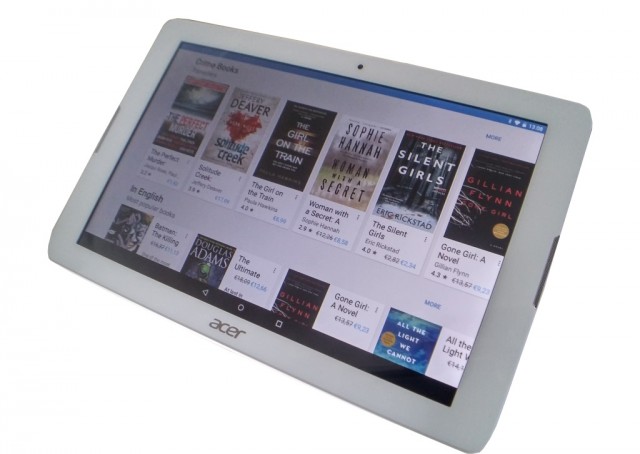In some countries, like Sweden, public libraries have an advanced system for citizens to loan ebooks. All parties, libraries, citizens and publishers have been happy to the system, because it works, allows budgeting for libraries, and enables some business for publishers. Now, a Swedish publisher has discovered an old-school method to cheat the system. The publisher’s family members loaned as many their own company’s published ebooks as they could from the library in order to generate revenue from the loans.

This is how the library system works in Sweden. Digital media distrubutor Axiell maintains a platform that connects publishers and libraries. A publisher uploads ebooks they want to make available for libraries to the system, and sets the price per loan for each book. Libraries search the system for ebooks. When they discover what they want, and the price is right, they make the ebook available for their community.
Each loan of an ebook generates a small amount of revenue for the publisher of the book.
That is exactly what the family of the small publisher in southern Sweden had been ordered to do.
Helsingborgs Dagblad reported that the scheme was discovered in the library of small community Burlöv in South Sweden. The community is so small that library staff took notice of strange peak in loans on the first day of each month. That’s when six family members of the publisher loaned as many ebooks as they were allowed to loan each month. They could borrow 36 ebooks altogether, but in a small community, they had already consumed half of the monthly budget that library had reserved for ebooks.
Family members had been able to get library cards to other nearby libraries as well. They had implemented the same routine in three libraries, at least.
So far, the estimated total profit the publisher had managed to generate is less than 10 000 euros (82 000 Swedish kronor). More libraries may discover they have been cheated as the news spread.
Police report has been filed, and what-went-wrong analysis has started. Publisher’s all ebooks have been removed from the library system.
The case may not be as straightforward as one might think. The family members had legal library cards. They used their right as citizens and library card holders to loan ebooks from public libraries.
Surprisingly, the platform provider Axiell recalls a similar case that happened in 2014. A publisher had loaned its own ebooks, got caught, and was reported to the police. Axiell, however, didn’t modify the platform to detect behavior like this. When asked why, Axiell representative responds that the platform doesn’t store any personal information that could be used to track users.
Axiell has informed libraries that it will fully compensate them, and pay the estimated loss 82 000 krona back to libraries. Obviously, Axiell seeks to settle the case with the publisher in or out of court.
